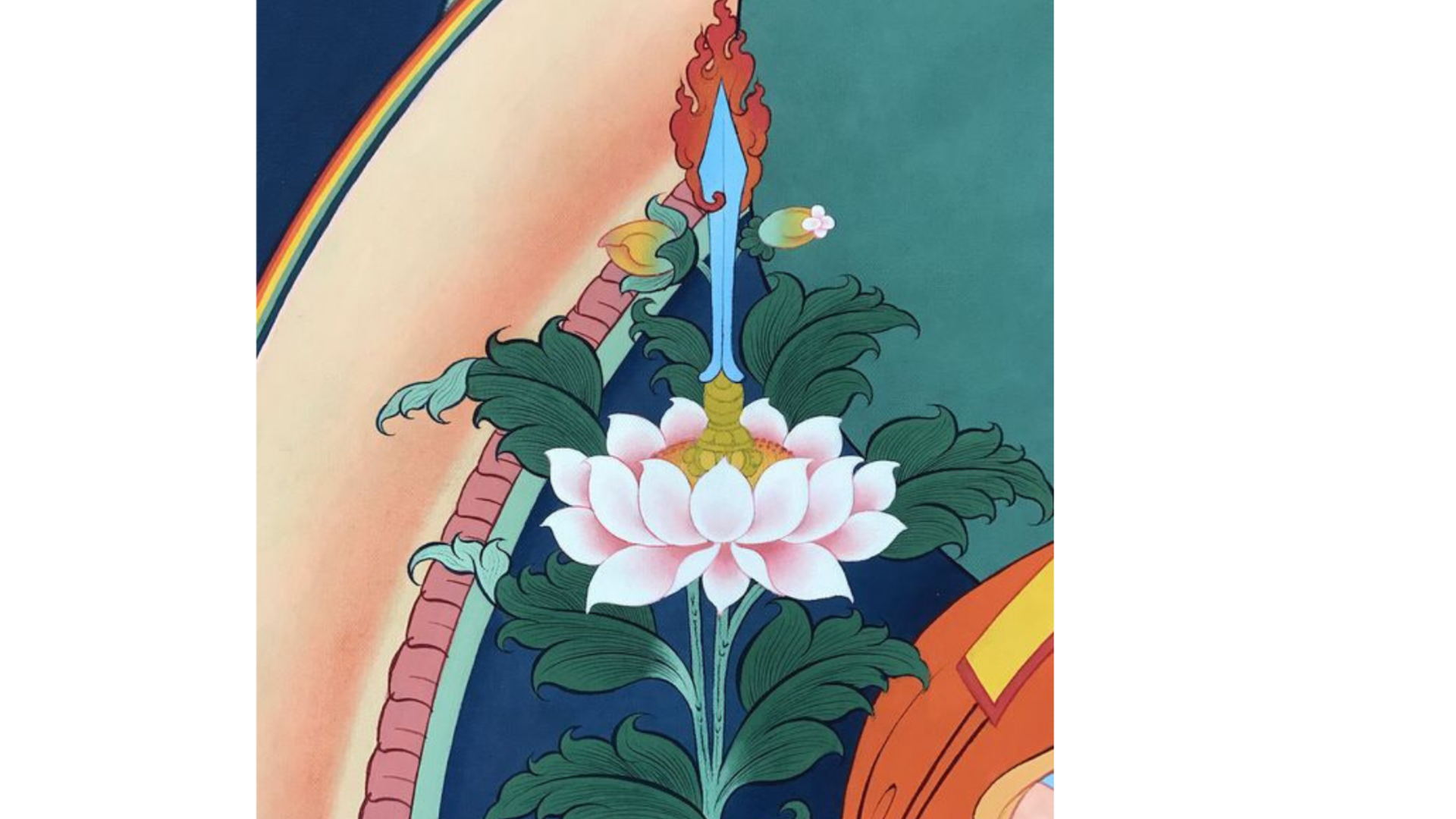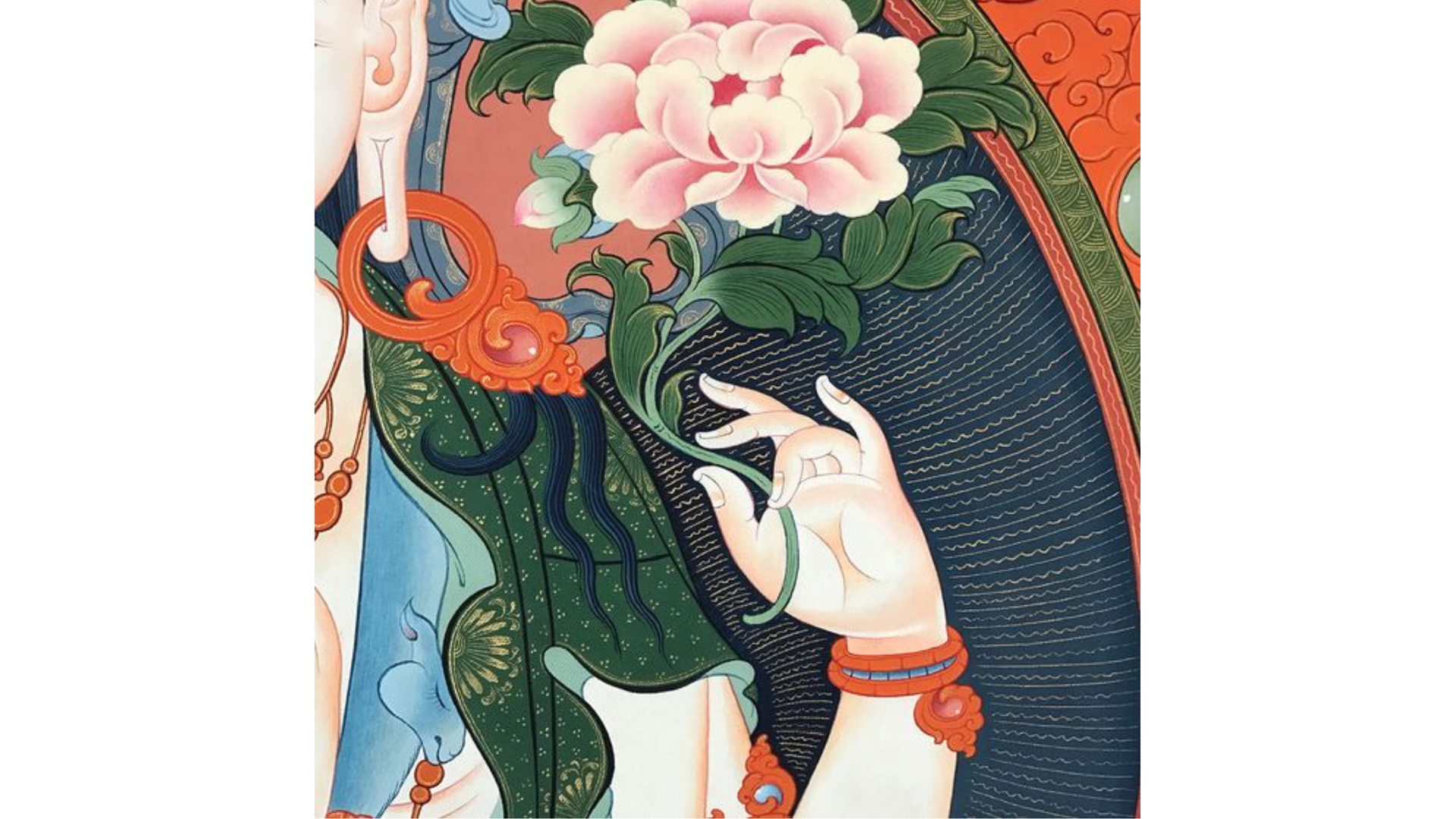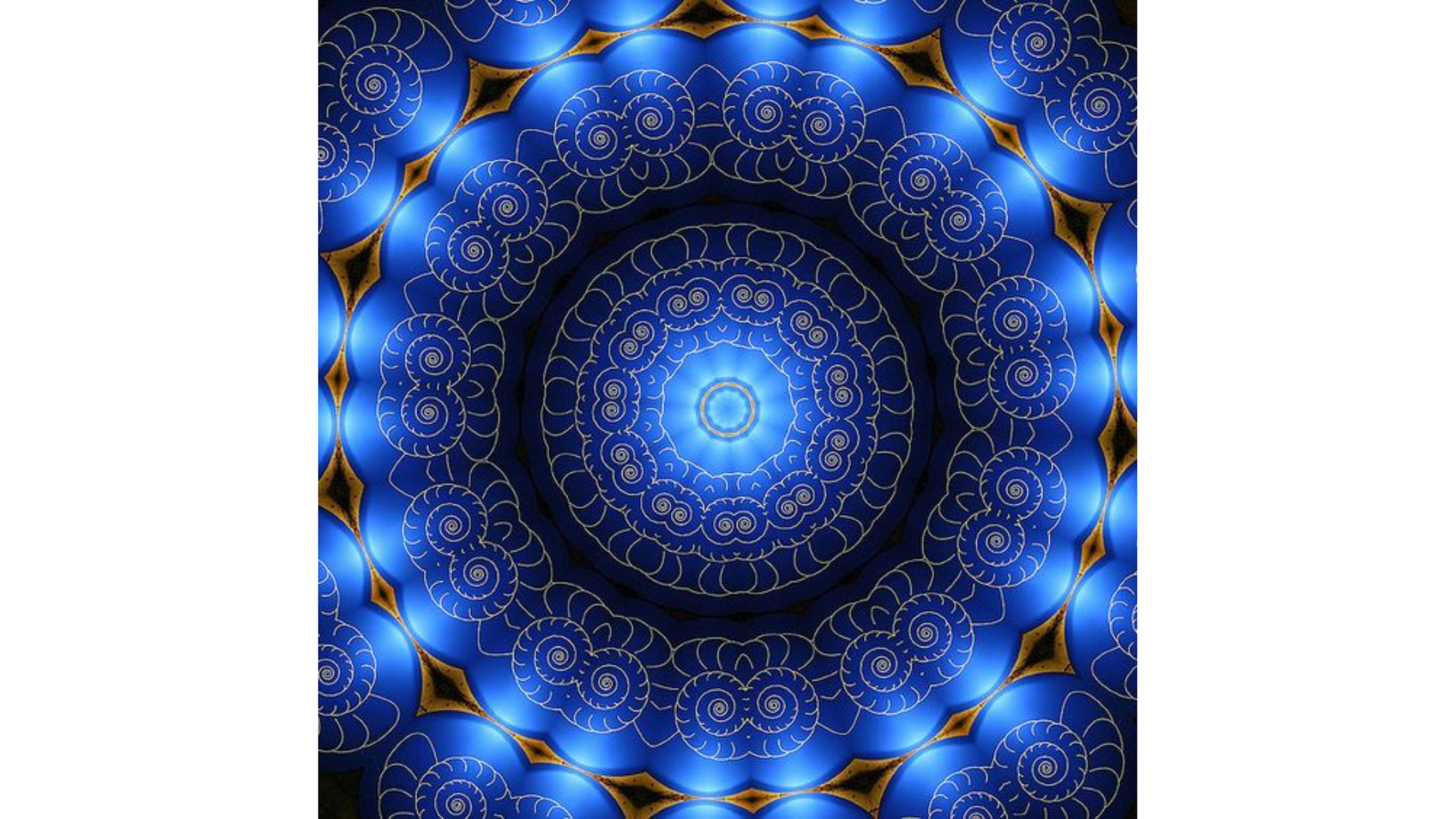
Open Presence, also referred to as Non-dual Awareness, is the deepest and simplest contemplative experience, the one that most radically liberates from ill-being.
Non-dual Awareness is the alpha and omega of the transformative and liberating practice of Buddhist contemplative traditions and the source of all their theoretical developments, which indicate different direct and indirect means to achieve it.
Today, this crucial aspect of Mindfulness motivates the most advanced research in the field of contemplative science.
This conference aims to share different traditional and scientific points of view on this way of experiencing that may shed light on the nature of consciousness.
Insights and discussions
With six qualified Dharma teachers & academic researchers
Dr. Elena Antonova - Denys Rinpoché - Ven. Dario Doshin Girolami -
Prof. Henk Barendregt - Dr. Antoine Lutz - Prof. Antonino Raffone
Exploring fundamental questions, such as:
- What is Openness?
- What is Awareness?
- What is non-duality?
- What is the relation between openness and compassion?
- What is Meta-awareness?
- What is Open monitoring?
- What is reification/dereification?
- What is the ego (self) and the non-ego?
- What is self-inquiry?
Program
14h00: Opening with EBU President Ron Eichhorn, Dr Antonino Raffone and Lhündroup
14h10: Prof. Henk Barendregt
Peacefully realizing (de)reification and (non-)self
Through the triple connected training of discipline, concentration, and insight, first described in Theravada Buddhism, a meditator can realize that the world and the observing self are virtual realities. For being in the world one needs reification and self, that unfortunately is too easily possible via the unwholesome rooted mind states of greed, aversion, and ignorance. The practice shows that there are also wholesome rooted mind states: loving kindness, compassion, shared joy and equanimity.
14h40: Questions & Discussion
14h50: Ven. Dario Doshin Girolami
Shikantaza and Shunyata: from non-dual awareness to non-duality
Shikantaza is the central practice of Soto Zen, literally meaning “just sitting”. It is a special form of non-dual awareness that, according to the Zen perspective”, gives access to the dimension of non-duality, or Oness. Scientific researches on Shikantaza often classify it as “open monitoring”, but the word monitoring entails “someone” that is monitoring, while in Shikantaza there is no self.
15h20: Questions & Discussion
15h30: Denys Rinpoché
Open presence: the experience and intelligence of non-duality
The Buddha is called the Anâtmanvâdin, "the one who teaches non-self". All the schools that have emerged from his teachings recognize that "All phenomena are empty, that is, without self”. This reality is one of the four fundamental characteristics of the Dharma. On the basis of this common background, we will present 'open presence' as the experience and understanding of non-self and non-duality in the transcendence of habitual dual consciousness. Open presence is an experience: of lucid attention; of openness without center nor periphery and of altruism free of egotism. This experience, free of ego and duality, which is harmony, health and happiness, is lived in the timeless presence of the present moment. In the Mahâmudrâ and Dzogchen traditions, these three qualities of attention, openness and altruism are the three facets of the natural state. The essential practice leads to the realization of their experience, which is awakened intelligence and goodness.
We will explain a fundamental equation: Non-self = non-duality = absolute openness, and see the common denominator of these three qualities in the lived experience
Then, we will answer the questions asked by the organizers: What is Openness? What is Awareness? What is non-Duality? What is the relationship between openness and compassion? What is Meta-awareness? What is Open monitoring? What is reification/de-reification? What is ego (self) and non-ego? What is self-inquiry?
16h00: Questions & Discussion
16h10: First Session Questions & Discussion
16h45: Break
17h00: Dr. Antoine Lutz
Exploring nondual awareness practices from the lenses of phenomenology and cognitive neurosciences.
Nondual meditation play an important role in meditative traditions in Tibet, particularly Mahāmudrā and Dzogchen. According to these traditions, awareness of the nature of consciousness is instrumental in understanding the nature of reality which is said to be obscured by subject-object structure – known in Western philosophy as “intentionality”. In a first part of this presentation, we will summarize these phenomenological claims, before presenting some empirical studies which have explored the impact of nondual meditation on consciousness, auditory perception and pain perception during cognitive neuroscientific paradigms.
17h30: Questions & Discussion
17h40: Dr. Elena Antonova
Perceiving as it is: Probing the effects of Open Presence practice on sensory information processing
In my talk, I will share the findings from our research on the effects of Open Presence practice as taught within the traditions of Dzogchen and Mahamudra of Tibetan Buddhism on habituation to repetitive loud noises, ability to track a visual target without overestimating its future position, and susceptibility to visual illusions. I will then offer my understanding of what these findings tell us about how the practice of resting in non-dual awareness affects hard-wired ways in which the brain normally processes sensory information and perceives the ‘world’.
18h10: Questions & Discussion
18h20: Panel Discussion, chaired by Dr. Antonino Raffone
19h15: Conclusion
19h20: End
The conference will be recorded and posted on the EBU Website; the link to the recording will be sent to the people who have registered.

The encounter between meditation and neuroscience is opening up new fields of research into the modalities of consciousness and its nature. Although studies abound, a continent remains to be discovered.
The age-old contemplative science has developed an extremely detailed knowledge and experience of the nature of consciousness. However, this knowledge has to be realized in experience by each person who wishes to know its secrets.
Contemporary contemplative neuroscience attempts to show the correlations of the meditative states of focused attention, open presence, and compassion with the neural states and dynamics. Practically speaking, in the present state of knowledge, focused attention is the aspect of meditation that is most accessible to research tools.
Open Presence,also referred to asNon-dual Awareness, is the deepest and simplest contemplative experience and the one that most radically liberates from ill-being. Today, this approach to meditation and way of experiencing, which has the greatest potential to impact our understanding of the nature of consciousness, motivates the most advanced research in the field of contemplative science.
The main characteristic of Open Presence is that it is non-conceptual and natural. It is experienced when the mind remains open and non-distracted, in the non-action of the mental, free from the dualistic grasping of self and phenomena.
This fundamental experience can be approached in many ways and has taken on different names depending on the context and tradition. Some of the English terms to refer to it are open presence, non-dual awareness, non-dual wisdom, natural state, non-dual mindfulness, primordial consciousness, etc.
